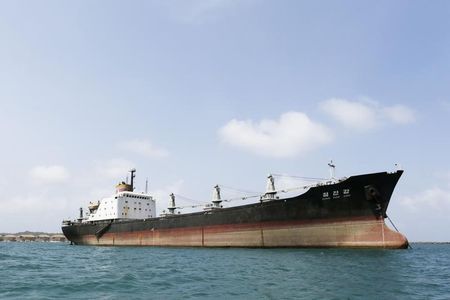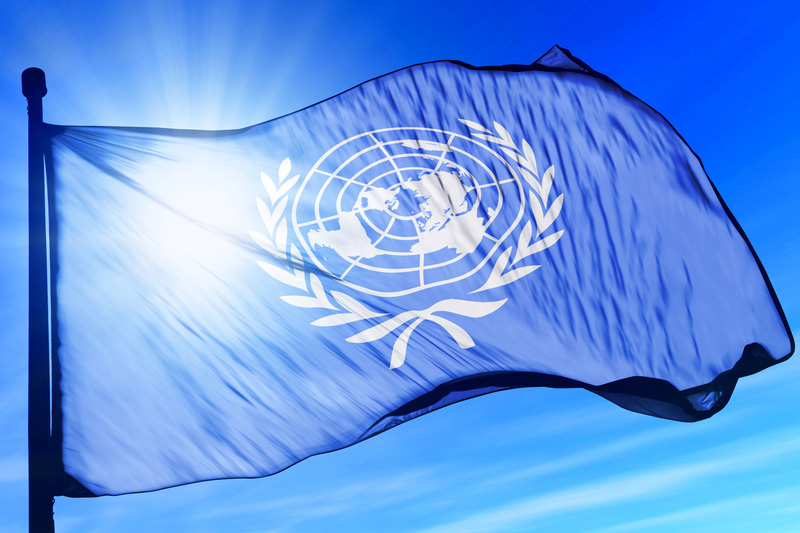By Michelle Nichols UNITED NATIONS (Reuters) - A U.N. Security Council committee on Monday blacklisted the operator of a North Korean ship, which was seized near the Panama Canal last year for smuggling Soviet-era arms, including two MiG-21 jet fighters, under thousands of tonnes of sugar.
The North Korea (DPRK) sanctions committee designated Ocean Maritime Management, which operated the Chong Chon Gang, the ship that was detained a year ago.
The U.N. designation means the company is now subject to an international asset freeze and travel ban.
"Ocean Maritime Management Company, Ltd (OMM), played a key role in arranging the shipment of the concealed cargo of arms and related materiel," the committee said in an implementation assistance notice, obtained by Reuters.
"The concealment of the aforementioned items demonstrates intent to evade U.N. sanctions, and is consistent with previous attempts by the DPRK to transfer arms and related materiel through similar tactics in contravention of Security Council prohibitions," the committee said.
A Panamanian court on Friday ordered the release of the Chong Chon Gang's three North Korean officers. Thirty-two North Korean sailors and the ship were released by Panama in February.
North Korea is under an array of United Nations, U.S. and other countries' sanctions for repeated nuclear and ballistic missile tests since 2006 in defiance of international demands to stop.
A U.N. report issued in March said North Korea has developed sophisticated ways to circumvent United Nations sanctions, including the suspected use of its embassies abroad to facilitate an illegal trade in weapons.
"The investigation also uncovered information indicating that DPRK Embassy officials in Havana were engaged in making arrangements for the shipment," the Security Council committee said of the Chong Chon Gang shipment.
"The committee encourages states to continue to exercise enhanced vigilance over DPRK diplomatic personnel," it said.
After the weapons were discovered on the Chong Chon Gang, Cuba acknowledged it was sending "obsolete" Soviet-era weapons to be repaired in North Korea and then returned to Cuba.
The Security Council committee said it was concerned that this military-to-military cooperation violated U.N. resolutions, which it said "prohibit the transfer from the DPRK by its nationals or from its territory of advice, services or assistance related to the maintenance or use of prohibited arms and related materiel."

"This prohibition covers many activities including repair, diagnosis, monitoring, physical and chemical tests, and any related services for such items," the committee said.
(Additional reporting by James Pearson in Seoul, editing by G Crosse)
